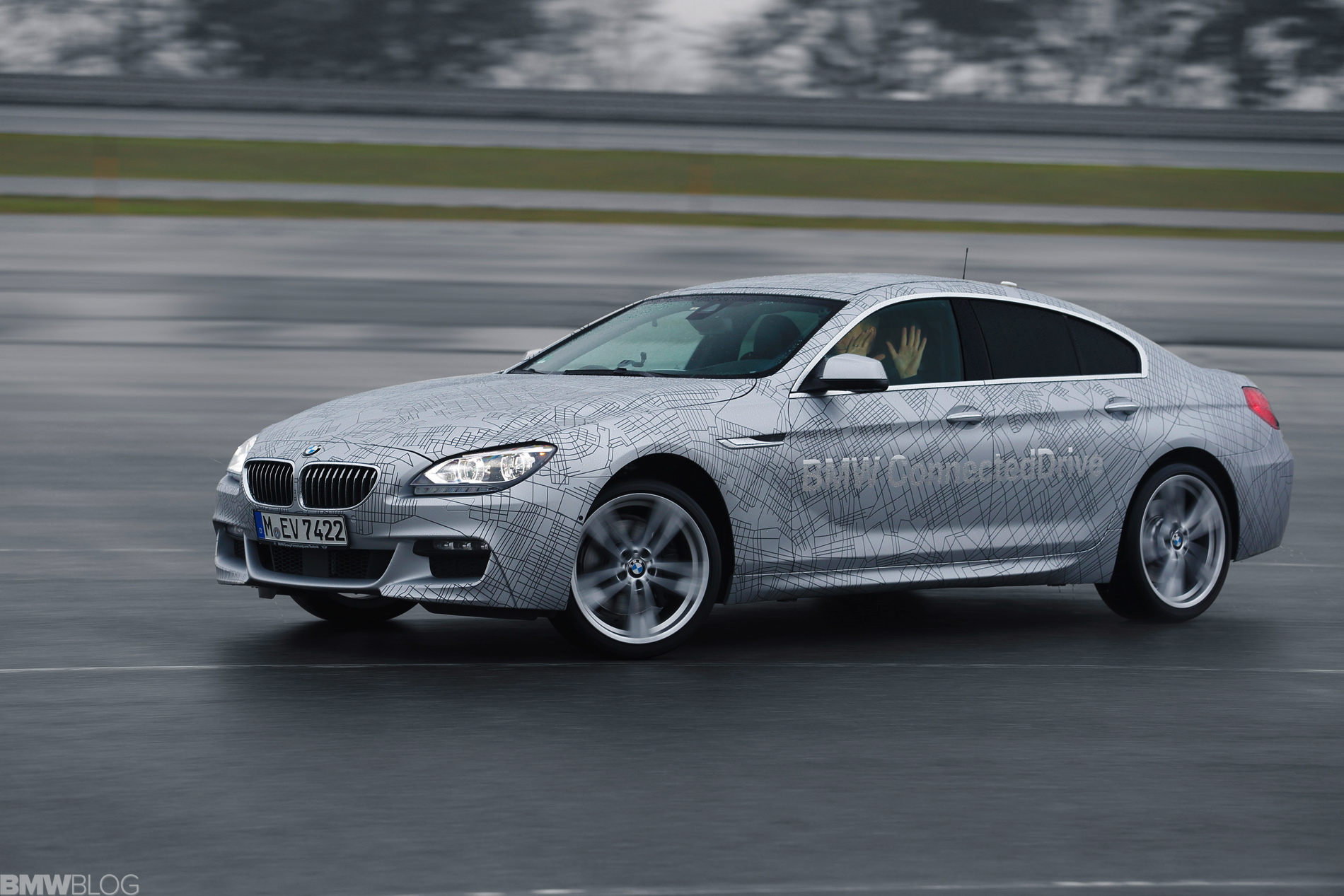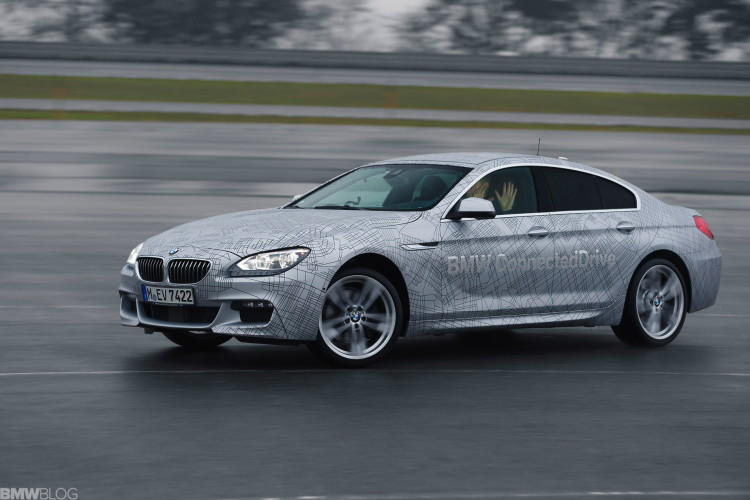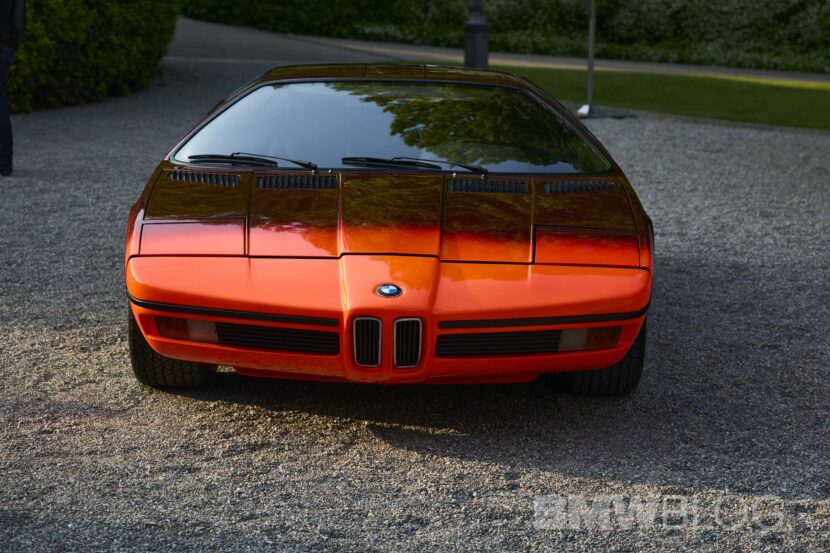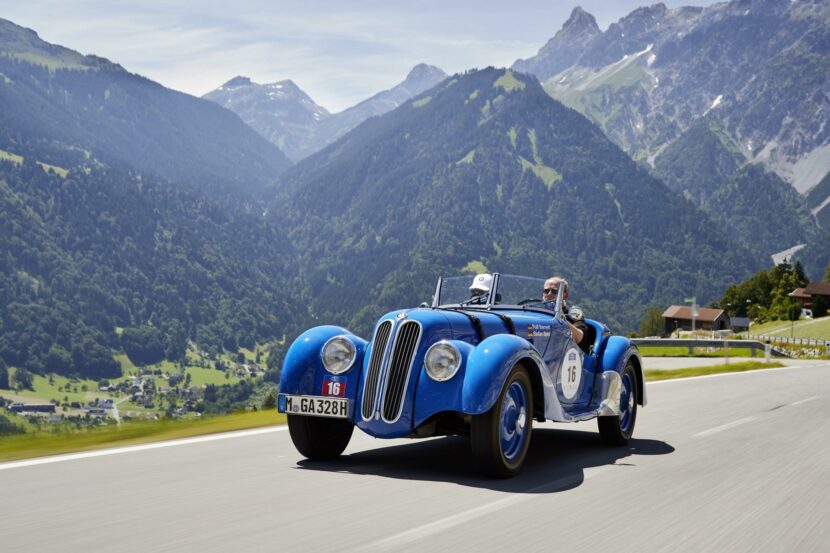I’ve been seeing a lot of ‘Save the manuals’ missives float past on blog pages and social media recently. Having never owned anything but sticks in 40 some odd years, I’m wondering if one will be available on the next new car I purchase. But it also reminds me of cars I’ve owned or driven that have had such fun things as manual chokes and manual ignition advance. Haven’t missed those . . .
And the upshot of all the gnashing of teeth over the dearth (death?) of manual transmissions is nothing more than re-arranging the deck chairs on the Titanic. Because the bigger change is looming large in the wings – self driving cars.
Mercedes-Benz showed off a significant concept this winter, at the CES. A prototype, first generation, autonomous automobile. And it’s the electronics industry that’s making it happen.
I’ve harped on the importance of the FlexRay bus before, it allows higher bandwidth than the current CAN bus architecture, which allows a multitude of individual small pipes to communicate with a central controller effectively. The piece parts of the coming revolution are already here, high bandwidth in-car architectures, ubiquitous IP addresses (IPV6), RFID, steer-by-wire, miniaturized LIDAR, etc.
But even with those components in place, it will be infrastructure concerns, and senior citizens (that’s me – and millions like me) that will drive the adoption of autonomous automobiles.
For Baby Boomers, the prospect of riding the senior bus to the rest home grocery store/ Wally World outings is unappealing. We’ve seen our parents suffer through this – we’ve taken car keys away from them and watched as they sulked, their independence snatched from them. It was the boomer’s parents that carved out a degree of personal freedom – the freedom to come and go over long distances, that no generation before had witnessed to that extent. And having also been thoroughly dipped in that freedom, boomers will be loathe to relinquish it.
And the promise of autonomous, personal transportation will be the saving grace for the ever-ageing boomers as they live longer than anyone expects. While there will be some hesitation on the part of elected officials to get behind allowing autonomous personal transport initially (due to lack of imagination as much as anything else) the boomers will be a voting block they ignore at their peril. It is going to happen – and sooner than a lot of people realize.
But what will bring politicians around will be the savings that a substantially less chaotic traffic flow brings to infrastructure requirements. Our current roads can carry a considerably larger amount of traffic if the traffic was optimized. Unfortunately, personal control of vehicles won’t cut it. Vehicles will have to work together, without human overrides, to effectively utilize the current capacity of roadways. And being able to defer large roadway construction projects will be a godsend for governments being pressed to provide more social services (to the ageing population – we boomers are quite numerous and quite demanding).
It will happen and we should start seeing it as the first edge of the boomer wave reaches 80, in about 2025 – a decade from now. It will also make a number of trucking companies very happy – they’ll save money by being able to keep their vehicles on the road beyond a human driver’s working hours (and without the costs associated with human drivers – now’s not the time for a twenty-something to enroll in an over-the-road driving school). And car buyers will have a choice of purchasing and time-sharing their vehicles or summoning them as needed.
The elephant in this room, however, is which car companies can make the jump. BMW would appear to be tied to the Ultimate Driving Machine slogan, and yet they are positioning themselves to morph into autonomous driving. We’ve seen their self-driving cars on race tracks, we know their dedication to low-cost, lightweight CFRP production, and we know they are pioneering ever more connected cars. But can they bridge the mental hurdle a shopper has when driving is no longer part of the equation.
Premium/luxury – with an emphasis on comfort – will sell autonomous cars purchased by individuals – low-priced and mid-range autonomous vehicles are likely to be purchased by service providers (driverless taxis). How will BMW find a way of standing out from the pack? Of all the companies producing premium vehicles currently, Lexus and Mercedes-Benz would seem to have a less difficult transition – their current customer base will welcome autonomous cars. With BMW it may be more difficult to make that transition.
Regardless, I will continue to drive a manual transmission car as long as I am physically capable. Whether or not I’m allowed to do that on public roads in another 15 years is another question. And whether there is a BMW in that driverless future is yet another . . .







































































